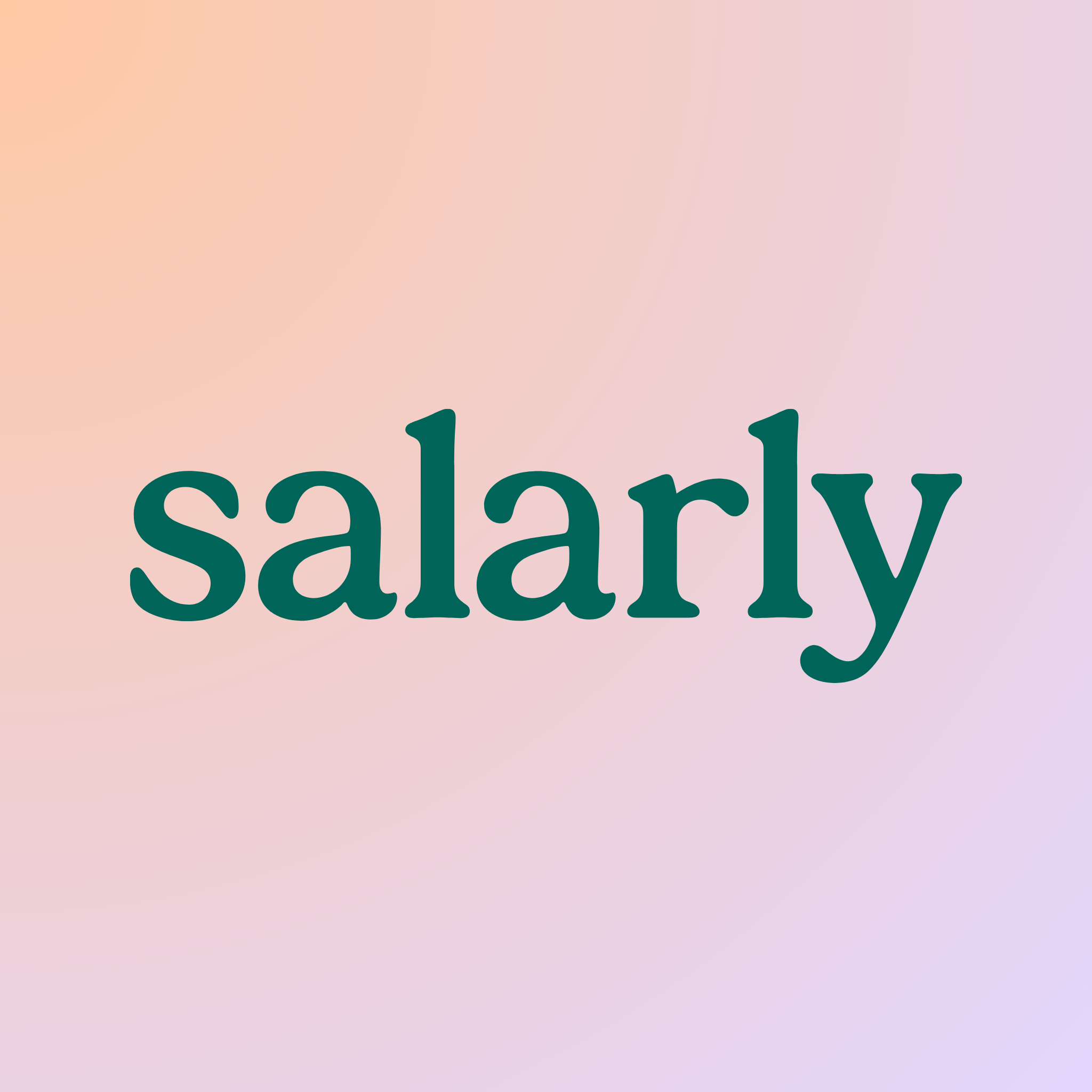Career growth doesn’t just happen; it’s something you build step by step. For nurses and other workers alike, a common question comes up: should I invest in more education or certifications?
It’s not just about chasing a diploma or adding letters after your name. It’s about making smart choices that lead to long-term impact. In this blog, we’ll explore when investing in education makes sense, how to weigh the costs and benefits, and how to align career moves with financial goals.
Salarly is here to help, so that financial barriers don’t get in the way of your growth, goals, or gaining new knowledge.
Why Education Matters for Earning Potential
In many fields education directly impacts your salary range, job stability, and opportunities. For nurses, for example, transitioning from RN (Registered Nurse) to BSN (Bachelor of Science in Nursing), or earning a specialty certification like CCRN (Critical Care Registered Nurse) or FNP (Family Nurse Practitioner), can unlock higher-paying roles and leadership tracks.
One impactful career growth strategies is investing in credentials that align with your goals.
According to the U.S. Bureau of Labor Statistics, higher degrees and credentials often correlate with higher wages. But it’s not just about the title, it’s about what you can do with it.
Is It the Right Time to Go Back to School?
Ask yourself:
- Will this program help me access new roles or better pay?
- Do I meet the experience requirements for this certification?
- Can I handle the time and financial investment right now?
- Will the payoff outweigh the cost within the next 3–5 years?
If you answer yes to most of these, it could be the right time to take the leap. Timing is key when planning career growth strategies.
Time-Flexible Options:
Not all education has to be a multi-year degree. Consider these impactful, time-flexible options:
Certification Programs
Certifications are short-term credentials that allow professionals to deepen their expertise in a specific area, demonstrate proficiency, and qualify for more specialized or higher-paying roles. They’re available across industries: from healthcare and IT to finance, project management, education, and more.
Some examples include:
- Certified Emergency Nurse (CEN): For nurses working in emergency departments.
- Certified Project Management Professional (PMP): For those managing projects in business or tech.
- Google IT Support Certificate: For those entering or advancing in the tech support field.
Certifications typically require passing an exam and may include a set number of practice hours. Most can be completed in weeks or months, making them an efficient way to strengthen your resume and accelerate your career.
Pursuing certifications is one of the most practical career growth strategies for professionals aiming to grow their skills and increase earning potential.
Bridge Programs
Bridge programs are educational pathways designed to help individuals move from one qualification level to another without having to start over. They build on your existing credentials, saving time and money while expanding your opportunities. They exist in many industries, including business, IT, education, and healthcare. For example:
- RN to BSN (Registered Nurse to Bachelor of Science in Nursing): This bridge program is for nurses who want to move into leadership, public health, or administrative roles. It typically takes 12–18 months and is available online or in flexible formats.
- Associate Teacher to Bachelor’s Degree in Education: For teaching assistants or early childhood educators, this bridge program helps transition into a licensed teacher role, expanding job opportunities and salary potential.
These flexible paths are smart career growth strategies for individuals who need to keep working while going back to school.
Online Courses and CEUs
Continuing Education Units (CEUs) help professionals across many fields stay current, meet licensing requirements, and grow their expertise. These short courses are often self-paced and can be completed online or in-person.
- For Nurses: Events like NurseCon at Sea offer a fun, community-driven way to earn CEUs while traveling. Other options for nurses include online platforms such as Nurse.com or in-person hospital-sponsored CEU days. These opportunities not only keep your license current but help you stay updated on the latest in-patient care and leadership trends.
- Teachers may take CEU courses through state-approved platforms or universities to maintain certification.
- Finance & Tech: Employees can earn CEUs by attending industry conferences or enrolling in credential renewal courses like CFP® or CompTIA.
Tuition Reimbursement or Employer Support
Before paying out of pocket, check if your employer offers:
- Tuition reimbursement programs
- Partnerships with local or online universities
- Paid time off for education or clinical hours
These benefits can drastically lower your financial risk and make it easier to pursue career-advancing goals.
Balancing Career Investment and Finances
Furthering your career doesn’t have to mean financial strain. Here are some tips to keep the balance:
- Budget ahead for tuition, books, and fees
- Explore payroll-linked financial tools like Salarly to spread out costs
- Keep working part-time or per diem if possible while in school
- Compare program costs and accreditation before enrolling
How Salarly Can Help
Investing in your education or certification can be a great career move, as long as it’s aligned with your goals and finances. The right program can open doors to leadership and long-term satisfaction!
Whether you’re looking at a new credential, a bridge program, or your first step back into school, remember: you’re investing in yourself – and that’s always worth it.
Salarly helps employees take control of their financial path. If you’re ready to invest in your education but worried about cash flow, our fair payroll linked loans can make it easier. With structured payments aligned to your paycheck and transparent terms, Salarly can help you avoid high interest credit cards or predatory lenders while advancing your goals.
Your career growth shouldn’t be put on pause because of financial barriers. With the right support, you can level up and stay financially stable at the same time.
FAQs: Furthering Education and Salarly
How do I know if a certification will boost my income?
Research job postings in your area, talk to mentors, and check salary data for roles that require or prefer that certification.
What’s the difference between a certification and a degree?
A certification is usually quicker and more specialized, while a degree offers broader training and is often required for leadership or advanced roles.
Can I work while going back to school?
Yes! Many programs offer part-time, online, or evening formats designed for working professionals, especially in nursing. Pay roll linked loans, like Salarly, can also help you cover costs in a simple and automated way.
How does Salarly support education-related financial goals?
Salarly offers payroll linked loans that can help cover tuition or education related expenses with manageable, paycheck-aligned repayments.











